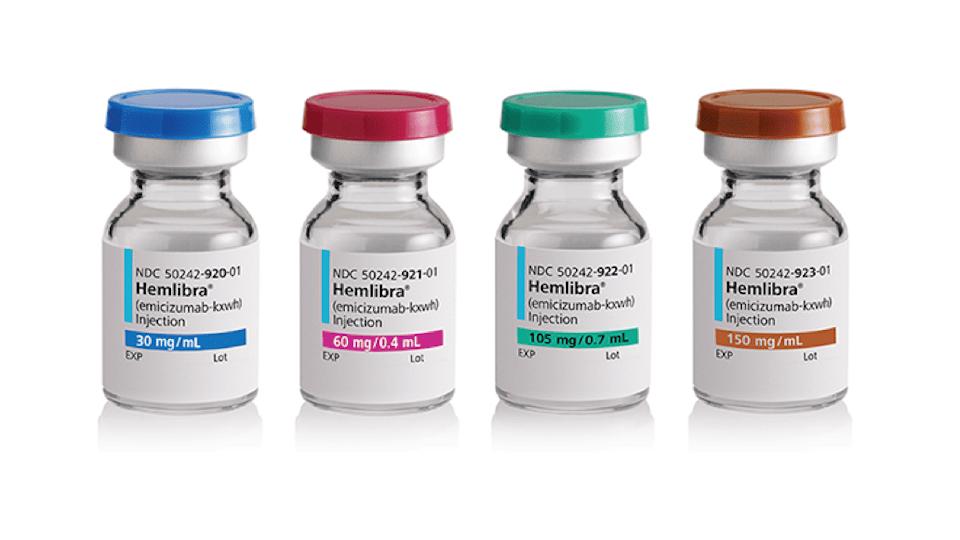Pfizer moves haemophilia gene therapy into phase 3

US pharma giant Pfizer and partner Spark Therapeutics has begun a phase 3 trial of a gene therapy for patients with haemophilia B, which could see an end to patients needing constant injections to prevent bleeding.
Pfizer's announcement sets up a rivalry with Netherlands biotech uniQure, which began late-stage trials of a similar therapy last month.
Fidanacogene elaparvovec is a novel, investigational vector containing a bio-engineered adeno-associated virus capsid and a high-activity human coagulation factor IX gene.
A lack of the gene impairs the body's capability to form blood clots needed to stop bleeding, leading to haemophilia. Current standard of care includes injecting patients with intravenous factor IX .
It is hoped that a single injection of the therapy will allow them to make enough factor IX so that they do not require regular injections.
Two months ago, Pfizer and Spark Therapeutics, announced promising data from a phase 1/2 trial of 15 participants with severe or moderately severe haemophilia B treated with the investigational vector.
The group of patients discontinued routine factor IX injections after treatment with a one-off injection of fidanacogene, with no reported serious adverse or thrombotic events.
Spark has transferred the entire programme to Pfizer, which has begun the lead-in segment of the phase 3 study.
The patients on the lead-in phase will act as the control group, while the treatment arm will consist of patients who have spent at least six months in the lead-in study.
Brenda Cooperstone, senior vice president and chief development officer, Rare Disease, Pfizer Global Product Development, said: "If confirmed by clinical trials, this therapy would potentially be a breakthrough in haemophilia research and would improve the quality of patients’ life."
Today’s news follows a similar gene therapy study announcement by a Dutch pharma uniQure. Its phase 3 pivotal HOPE-B study enrolled the first patient last month.
The trial also uses an adeno-associated virus, containing a variant version of the factor IX gene.











